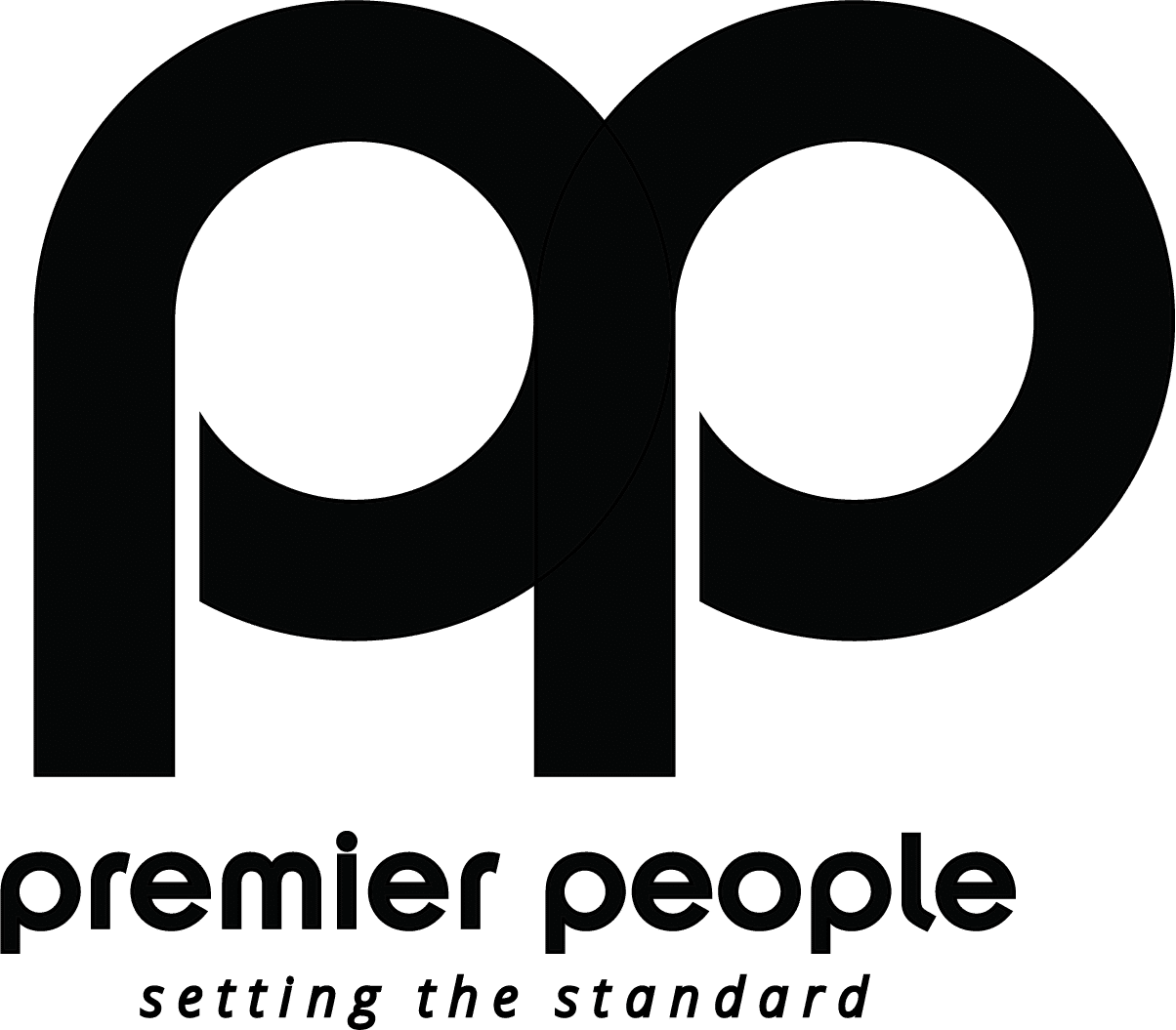Mental Health Problems in the Mining Industry
Australia’s mining industry is about to boom again, but mental health experts say the industry still hasn’t fixed the “toughen up” culture that has led to dozens of deaths.
BHP kickstarted this week its $5 billion South Flank project, a West Australian mine the company promises will run for at least 20 years and create 3000 jobs. But, as the nation’s biggest companies gear up for a resources resurgence, experts warn the problems that plagued fly-in, fly-out workers last time are doomed to happen again.
Although big miners BHP and Rio Tinto have created new policies since nine FIFO workers took their own lives in the space of 12 months four years ago, experts say the persistent “keep it to yourself” mentality could cost more lives as the sector regrows.
“There are concerns that some in the industry aren’t concerned with how urgent this issue is,” FIFO inquiry chairwoman Janine Freeman told news.com.au.
“Employers need to understand the healthiest capacity for workers is when they get to spend as much time with their family and friend networks. It’s always the isolation — taking them away is the worst.”
FIFO workers — who spend months in the middle of nowhere working 12- to 14-hours days in 40-degree heat — say they struggle with the isolation and the time away from their support networks the most.
“At the crux of all FIFO work is the time you’re away. If the industry wants workers who are from the city or Queensland or wherever and they want to put them in a place where they get to define their entire lives for a period of time — when they wake up, what they wear, eat and where they live — then they need to address and fix that,” Ms Freeman said.
The Education and Health Standing Committee, which ran the 10-month inquiry, is in the process of drafting a third code of practice covering FIFO employees. Lifeline WA chief executive officer Lorna Macgregor said the stigma around workers discussing mental health remained.
“We hear it on the phones, on our crisis lines every day, of men not wanting to admit they have a problem. That ‘toughen up, keep it to yourself’ mentality only gets worse when you put them in a male-dominated environment away from their home community,” Ms Macgregor said.
“We have seen quite a shift in the attitude of the mining sector and a focus on wellbeing and we’ve been delivering a lot of training there but whether or not that is a meaningful change is something we’re yet to see.”
In 2015, a number of FIFO workers spoke about the industry’s attitude to mental health including Sue Crook and Julie Loveny, who started the support website This FIFO Life. Ms Loveny told the parliamentary inquiry a supervisor had told her that suicide was “attention seeking behaviour”.
“It’s not that they have no understanding, it’s that the understanding they have is dangerous,” she said.
About 10 per cent of West Australians are directly involved in the FIFO industry and the state has some of the highest suicide rates in the country.
Earlier this week, it was revealed the Perth suburb of Bassendean had the worst metro suicide rate in the country with 26.7 out of 100,000 people taking their own lives. Bassendean GP Dr John McAuliffe told WA Todaythe high rate could be attributed to FIFO.
“Wherever there’s a high proportion of fly-in, fly-out workers, then they’re at a very high risk of suicide,” Dr McAuliffe said.
As green shoots in the industry begin to flourish, both Lifeline and the committee insist there’s never been a better time to fix the system. The committee is scheduled to meet with Lifeline WA next month and are expected to finalise their recommendations for the mining sector.
“It’s really timely this review, before it booms again, where we have the opportunity to change the support structure and realise there’s a problem here. We can’t underestimate the stress these people are going through,” Ms Macgregor said.
We recently asked some of our regular workers “How could conditions be improved for FIFO workers making life more amiable whilst working away?”
The top three answers were:
- Better quality of food on camp and crib choices
- Better standard of accommodation
- More support and understanding from supervision in handling personal issues
One of our crew said:
“Sometimes the food is unbearable, last week we were served a ‘cabbage salad’ which consisted of: Cabbage and crumbled Doritos!”
Another team member said:
Source: news.com.au, 21 September 2018
